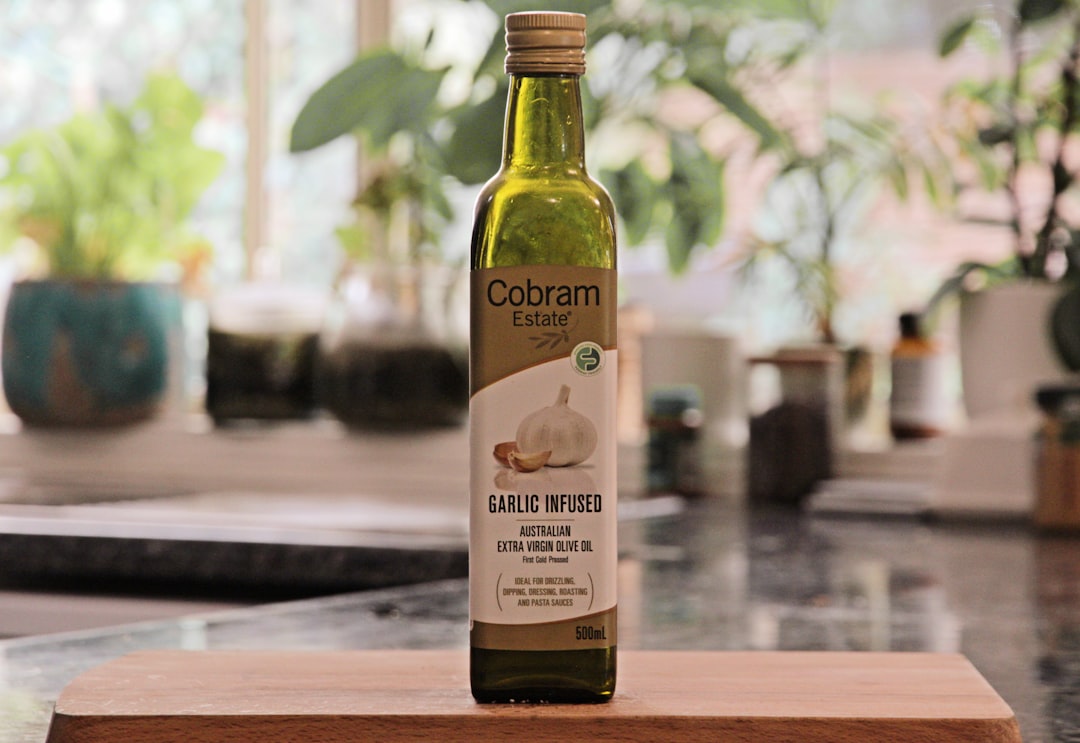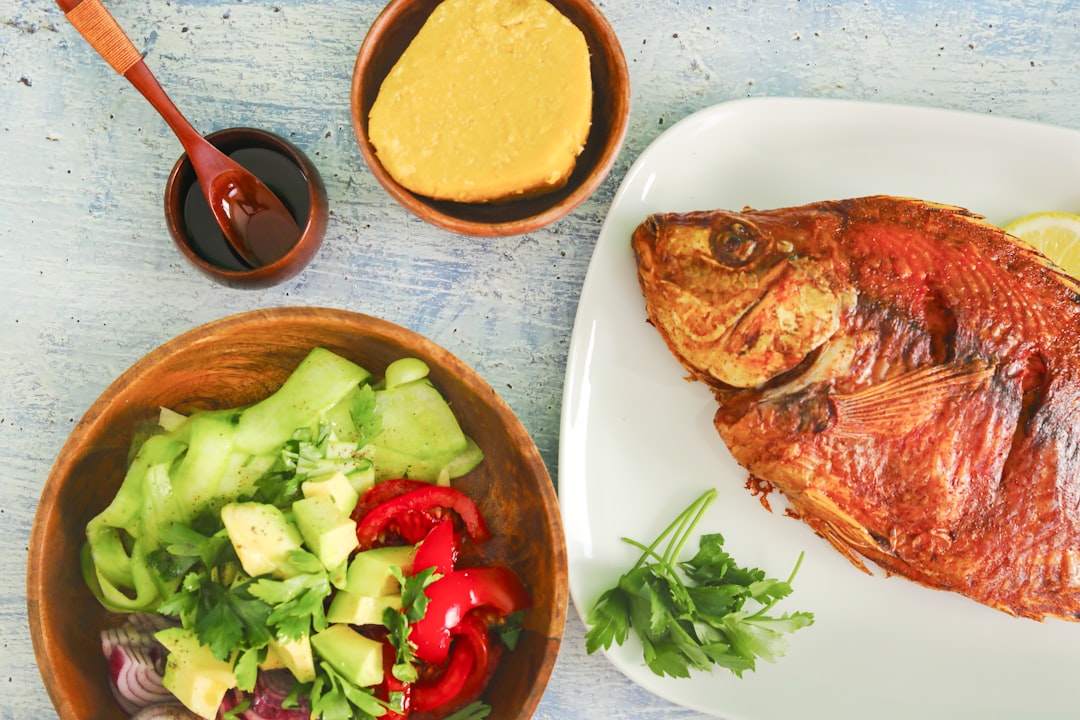11 Essential Heart Truths: Ghee vs. Olive Oil—Which Cooking Fat Is Right for You?
Choosing what goes into our kitchens and, ultimately, onto our plates can feel like a daunting responsibility—especially with heart health at stake. Ghee and olive oil both enjoy passionate followings, hailed in different households as the “heart hero.” While family traditions and comforting flavors tug us in one direction, it’s impossible to ignore the steady voice of science and the changing advice from nutrition experts. Do we lean on that childhood spoonful of golden ghee, or pour a glug of olive oil like a true Mediterranean? Here’s the good news: you don’t have to abandon cherished ways to make smart, heartfelt choices. This article blends compassion, clear facts, and a dash of encouragement to help you compare these two popular fats. We’ll unpack research, cooking realities, cultural wisdom, and expert guidance so you can make empowered decisions for your own vibrant, lifelong wellness.
1. Understanding the Basics: What Are Ghee and Olive Oil?

Ghee and olive oil may both glisten on the dinner table, but their stories start worlds apart. Ghee is a type of clarified butter originating from the culinary traditions of South Asia. It’s made by simmering butter, then skimming off milk solids until only pure, golden fat remains. In contrast, olive oil is gently pressed from ripe olives, a staple of Mediterranean diets known for their longevity and vibrant health. While ghee brings a nutty, rich flavor beloved in curries and baking, olive oil’s peppery notes complement salads, vegetables, and breads. Each oil has its place in the kitchen and hearts of generations worldwide. Understanding their core differences prepares you to make the best choice for your own nutrition journey, grounded in both tradition and evolving science.
2. The Science of Fats: Saturated vs. Monounsaturated

Not all fats are created equal—at least not in their effects on our bodies. Ghee is rich in saturated fats, the kind long associated with increases in certain “bad” cholesterols. This doesn’t make it inherently harmful, but nutritional guidelines suggest moderation, especially for those concerned about heart health. Olive oil, on the other hand, is famous for its monounsaturated fatty acids (MUFA). These are the fats experts love to celebrate: they help maintain or even lower LDL (bad) cholesterol when swapped in for saturated fat. It’s not just about categories, though. The way our bodies process these fats is influenced by genetics, lifestyle, and overarching dietary patterns. By understanding these differences, you’re already equipped to tailor more mindful, heart-friendly choices.
